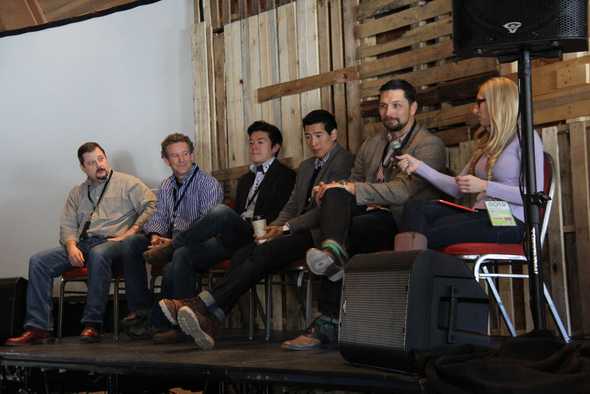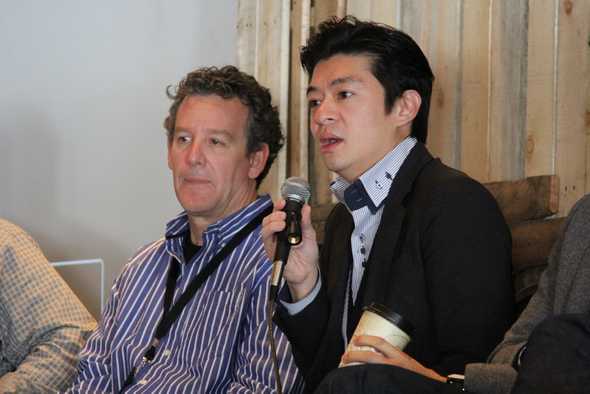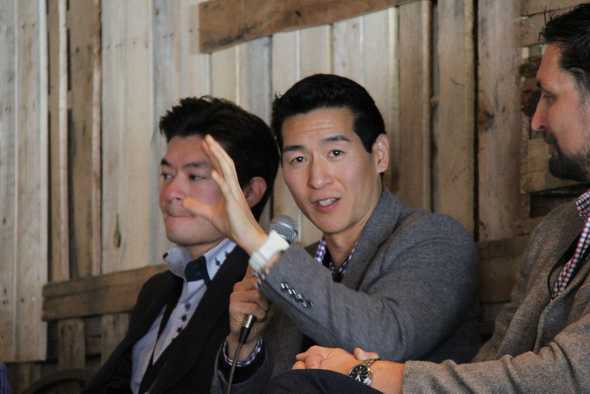DisruptFilm Summit: The VC Conversation
I am in Park City, Utah to attend the DisruptFilm Innovation Summit hosted by the Collective at the Lodges at Deer Valley Resort. The first session of the summit this morning was a VC panel.
The VCs talked about what they look for in a startup and why they make the decisions they do. I’ve summarized what they mentioned by topic.
The Founding Team
Who is the founding team, what drives each founder, and how well do they work together. They also look for whether you have the chops to stay alive a year from now. Does the team have the passion and the viability to be successful?
Irrational Emotion
A startup has to have world changing potential. If you’re successful, that your mission/product will make an impact. They look for something that causes an irrational emotion that leads to viral adoption.
Mistakes
Founders don’t think about the VC they are working with. A VC is more than a bank account. They form a personal relationship with a startup and provide connections in their network to make a startup succeed. Finding the right VC that can provide the right connections is really important to surviving.
Startups also give a laundry list of things they will do with the money they are asking for. VCs don’t care about how you spend the money, item by item. Instead, they want to see how you have used money in the past and what you have gotten for that money. In effect, show them that you’re smart about spending money and that they can trust you to do the same with theirs. Lastly, be in sync with investors on what you’re going to do with the money as you spend it.
The Journey
Make sure that what your startup does is going to be useful to use. You only have a limited amount of time in life. If you’re going to spend years of your life working on a startup, be certain you are passionate about and understand what will come about. Understand the market size that you’re targeting, and make sure it is big enough to make it worth the time investment.
Create a five year financial model to envision the journey you’re about to go on. Have Plan Bs, and Cs for contingencies. Things will change. Understand the things that can make your product scale. Tasks in year 3 will depend on tasks in year 2 and in 6 months. Make sure you understand the impacts of what you’re doing now and what it could change in the future.
The Unknown
You don’t know what you’re going to do in 6 months. No one can predict the future. That’s fine. Understand the reasons you’re doing the things you are doing today and where it will take you.
Be self aware and understand what risks are present in your product and your surroundings. What variables can cause problems in the adoption of or successfully running your startup? What is your edge over competitor?
When a VC asks you a question you don’t know an answer to, it is okay to say “I don’t know.” But it is important to show that you have the skill to say “but here’s a way I think I can solve it.” Not knowing an answer, but giving them the assurance that you have a way to find that answer shows the VC you can handle any situation that may arise.



